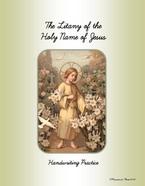
"JESUS"
"For which cause God also hath exalted Him, and hath given Him a Name which is above all names: That in the Name of Jesus every knee should bow, of those that are in heaven, on earth, and under the earth." Phil 2: 9-10
This handwriting book can be found here.
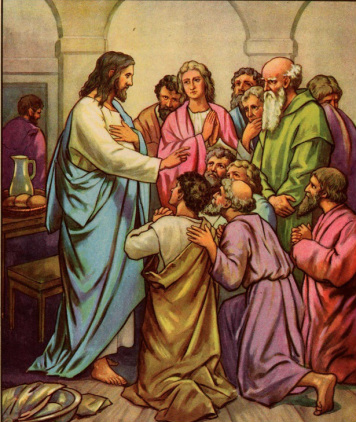
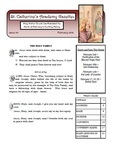

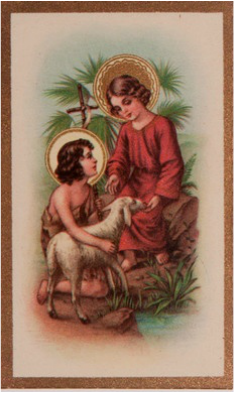
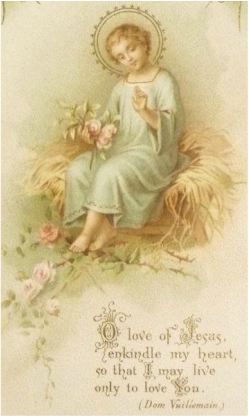


 RSS Feed
RSS Feed